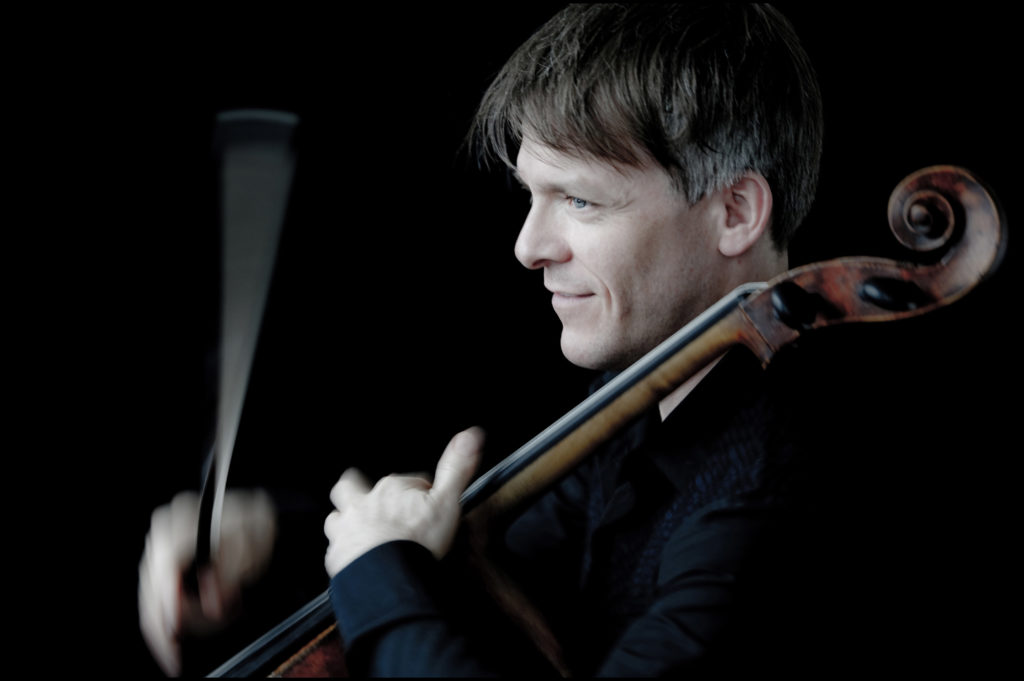You Old Romantic
Feature
Alban Gerhardt
‘Romantic music is not erotic – seductive, yes, but not sexy. We might see a little bit of shoulder, a blushing cheek, but this isn’t about exposure’
The Romantic repertoire is perhaps the first that a cellist will encounter and in some ways it’s ‘home’. Composers like Schumann and Grieg understood the cello’s true nature is to sing. But what do we mean by Romantic? Too often people think it lies in the sound only. For me, the Romantic style is in the expression of feeling, the phrasing, the articulation, the timbre. Romantic is not erotic – seductive yes, but not sexy. We might see a little bit of shoulder, a blushing cheek, but this isn’t about exposure.
My dream was to become a singer: it didn’t work out. I grew up listening to my mother singing Romantic opera arias, the sort of arias that Beniamino Gigli and Maria Cebotari would sing on ‘opera highlights’ LPs. It was a formative experience: all the warmth and subtlety of those interpreters stayed with me; ‘romantic’ yes, in that there was a sadness, a fragility, a tenderness present.
The Romantic cello repertoire begins with Beethoven: he grasped both the lyric and dramatic power of the cello in dialogue with the piano. Just listen to that visionary opening of the A major Sonata, already it cries out for some body to the sound, for long-breathed lines. He wrote with such skill for each instrument there is never a struggle. His sonatas anticipate the world of Schubert, Schumann and Mendelssohn. Perhaps only in Chopin’s sonata does the piano threaten to overwhelm. Half a century later Rachmaninov wrote his huge sonata so brilliantly that the cello still shines, even though the piano part is practically a concerto.

© Sim Canetty Clarke
Mendelssohn’s sonatas are more Classical than perhaps people realise, while Brahms’s sonatas, so clear and perfect, are perhaps more Romantic. What Brahms’s music needs is ‘schwelgen’. It’s almost untranslatable: to ‘revel in’, ‘to delight in’, a sense of rapture without indulgence, without luxuriating. But Schumann’s music goes beyond this. It’s so complex, it takes half a lifetime to grasp the subtlety of his spirit, the deep unhappiness, restlessness, elation mingled with pain.
It’s so important to resist the temptation to be too free with Romantic music: all the rubato, all the tempo changes, the rushes of emotion are written into its fragile tissue, and must be treated with care. Look at the Rococo Variations: Tchaikovsky wrote them in the true spirit of the galant, he was not simply play-acting. It opens with a theme of utmost elegance, and the waltz is a ballet waltz, not a largo, not a torrid drama! The delicacy of the Rococo is essential: this is not music to wallow in.
Fauré provides the bridge into Modernism. There he was in Paris, writing at the same time as Debussy, and his harmony is dissolving. When I first encountered his sonatas I felt I was entering a rather strange, elusive world, but I gradually fell deeper and deeper in love.